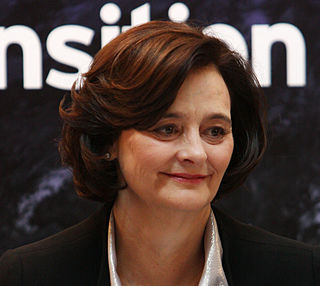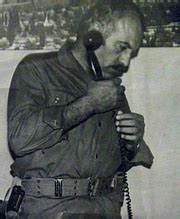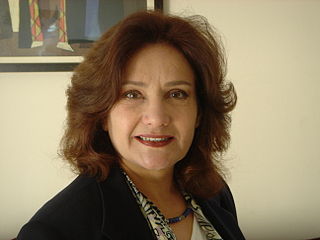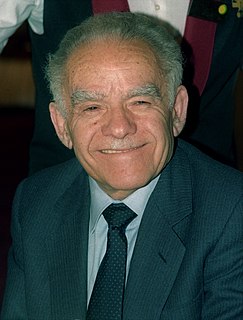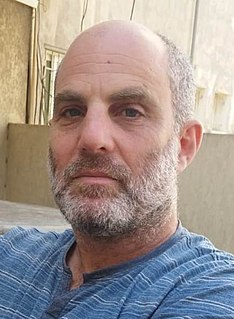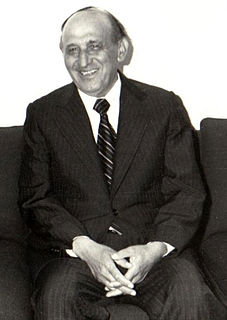A Quote by Edward Said
I was one of the first people in the Palestinian world, in the late 1970s, to say that there is no military option, either for us or for them, and I'm certainly the only well-known Arab who writes these things - and who writes exactly the same things in the Arab press that I say here.
Related Quotes
The Palestinian people does not exist. The creation of a Palestinian state is only a means for continuing our struggle against the state of Israel for our Arab unity. In reality today there is no difference between Jordanians, Palestinians, Syrians and Lebanese. Only for political and tactical reasons do we speak today about the existence of a Palestinian people, since Arab national interests demand that we posit the existence of a distinct 'Palestinian people' to oppose Zionism.
I am familiar with what goes on in the Arab countries, and I'm sad to say that most of us want to annihilate Israel. We want to kill all the Israelis... Do you know what they used to say in the mosques in Egypt? "We want to go to the White House and turn it into the Islamic House..." We call upon the Arab countries to stop teaching hatred to the Arab children.
We are constantly being surprised that people did things well before we were born. We are constantly remarking on the fact that things are done well by people other than ourselves. "The Japanese are a remarkable little people," we say, as if we were doing them a favor. "He is an Arab, but you ought to hear him play the zither." Why "but"?
Mubarak would meet with me when I was at Central Command. He would lean and put his hand on my knee, as if a father figure, and say, 'General, don't ever forget the Arab Street. Listen to the Arab Street.' I'd like to go to him now and say, 'Mr. President, what about that Arab Street, what's that all about?'
Jordan is many different things and there's many different parts of it. We don't ever really get to see a modern Arab city, a part of the Arab world where people are seemingly living their lives like everywhere else and also just a part of the Arab world that's surprisingly Americanized, with fast-food joints everywhere and shopping malls. Over the 30 years I've been traveling there, I really saw it grow and become modernized and much more Americanized in a way that surprised me as an Arab-American.
Saudi Arabia is the most fragile of all Arab states, though we're not saying so. And, unfortunately, bin Laden puts his finger on the other longstanding injustices in the Arab world: the continued occupation of Palestinian land by the Israelis; the enormous, constant Arab anger with the tens of thousands of Iraqi children who are dying under sanctions; the feelings of humiliation of millions of Arabs living under petty dictators, almost all of whom are propped up by the West.
Recall that the United Nations commissioned Arab scholars and analysts to publish the Arab Human Development Report. What causes the backwardness, the scholars wondered, of 22 Arab states, covering nearly 300 million people? Their conclusion? Of all world regions, the Arab countries scored the lowest in freedom, media independence, civil liberties, political process and political rights.

